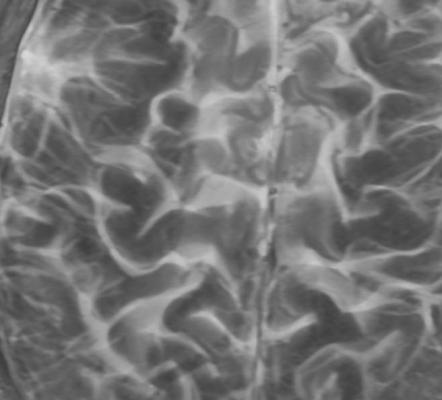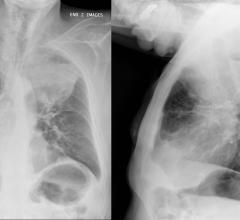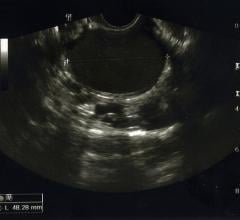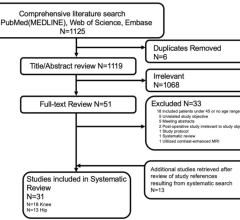
July 22, 2015 - A new study reveals that people with type 2 diabetes experienced negative changes in their ability to regulate blood flow in the brain, which was associated with lower cognitive skills and ability to perform daily activities. The study was published in the July 8, 2015, online issue of Neurology, the medical journal of the American Academy of Neurology.
"Normal blood flow regulation allows the brain to redistribute blood to areas of the brain that have increased activity while performing certain tasks," said study author Vera Novak, M.D., Ph.D., of Harvard Medical School in Boston. "People with type 2 diabetes have impaired blood flow regulation. Our results suggest that diabetes and high blood sugar impose a chronic negative effect on cognitive and decision-making skills."
The study involved 40 people with an average age of 66. Of those, 19 had type 2 diabetes and 21 did not have diabetes. Those with diabetes had been treated for the disease for an average of 13 years. The participants were tested at the beginning of the study and again two years later. Tests included cognition and memory tests, magnetic resonance imaging (MRI) scans of the brain to look at brain volume and blood flow, and blood tests to measure control of blood sugar and inflammation.
After two years, the people with diabetes had decreases in their ability to regulate blood flow in the brain. They also had lower scores on several tests of memory and thinking skills. People with lower ability to regulate blood flow at the beginning of the study had greater declines in a measure of how well they could complete daily activities such as bathing and cooking.
Higher levels of inflammation were also associated with greater decreases in blood flow regulation, even if people had good control of their diabetes and blood pressure, Novak said.
On a test of learning and memory, the scores of the people with diabetes decreased by 12 percent, from 46 points to 41 points over the two years of the study, while the scores of those without diabetes stayed the same at 55 points. Blood flow regulation in the brain was decreased by 65 percent in people with diabetes.
"Early detection and monitoring of blood flow regulation may be an important predictor of accelerated changes in cognitive and decision-making skills," Novak said.
She said additional studies involving more people and extending for a longer time period are needed to better understand the relationship and timing with blood flow regulation and changes in thinking and memory skills.
For more information: www.neurology.org


 April 17, 2024
April 17, 2024 








